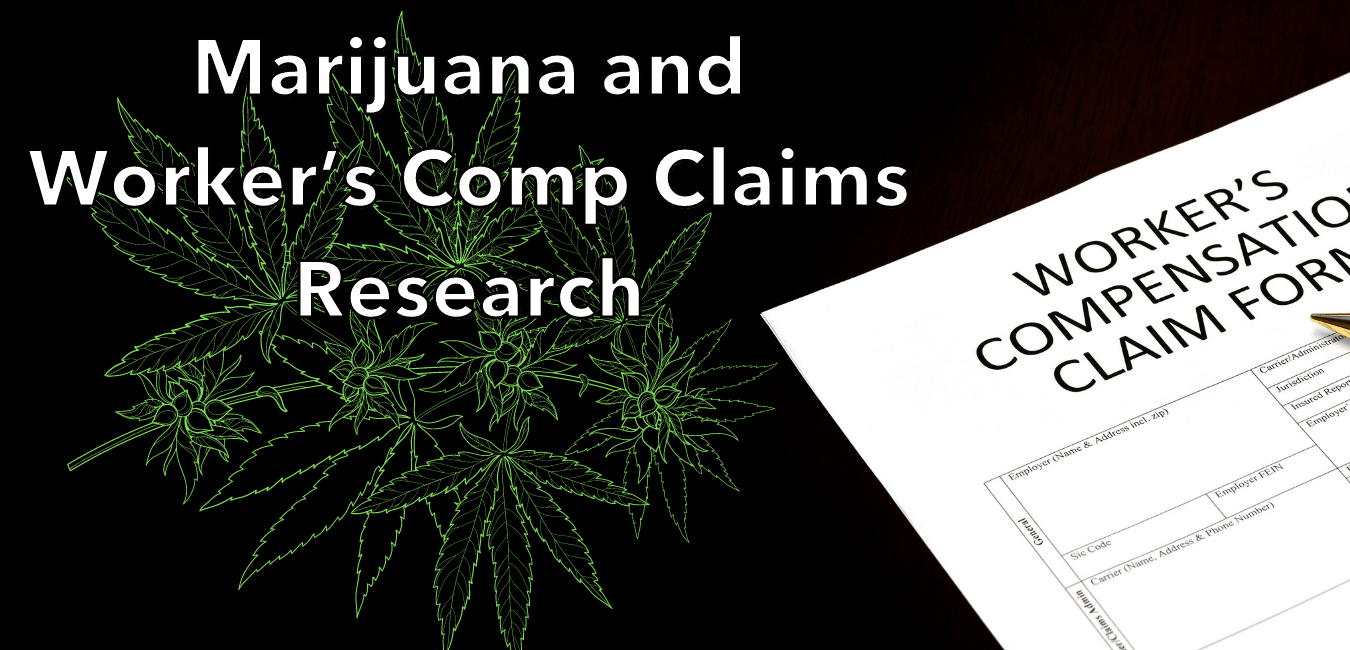
With legalization, researchers now can study usage, users, and marijuana’s impact on society.
One study suggests: “Marijuana is not improving people’s health, but it may allow older folks with chronic conditions to better manage their symptoms, so says Temple professor Johanna Catherine Maclean. McLean is an economist who studies the impact of substance use on the labor market.
The focus on workers’ compensation was viewed as a proxy for work capacity, defined as the ability to work productively. “We don’t really get information on why folks are using marijuana, and I think what’s happening is older people, who are more likely to suffer from conditions with painful symptoms that impede work capacity, are using marijuana to treat things like chronic pain, mental health conditions, and sleep disorders.
“There’s also some literature from other economists that shows when you legalize marijuana either for medical or recreational use, we see changes in utilization of therapeutic substitutes, like opioids, in insurance claims data. That might mean, a transition away from opioids to manage chronic pain.
“Those states which only legalize medical marijuana, are relatively restricted, with generic chronic pain excluded. There’s a belief that there are many people who could benefit from the medical use of marijuana, but they’re not eligible based on the qualifying conditions.
There is also a potential stigma preventing people from accessing medical marijuana. When there’s a medical law, you must seek a recommendation from a healthcare professional and there’s some cost there that creates a barrier that isn’t there when you have a recreational law. People do not have to see a doctor because they’re anxious, have a sleep disorder, or have PTSD, instead, they go to the dispensary, show proof that they are 21 or older, and make a purchase.
We also find a discrepancy between medical and recreational marijuana statutes which largely do not provide protection for workers from marijuana use and those that do. When states adopt a medical marijuana law, residents of the state experience about a 7% reduction in the likelihood of receiving income from workers’ compensation.
When we look only at states with a medical marijuana law that includes employment protection for workers, the effects increase to 13.3% reduction in the probability of receiving income from workers’ compensation for those states, which leads to a conclusion that protection for workers is valuable in medical marijuana use.
Another important finding, we saw nonfatal workplace injuries declined following recreational marijuana adoption, which suggests people are not getting into problems at work because they’re high.
Aspen Cannabis Insurance is in Denver, CO, and services clients nationwide. We are a family-run business working with multiple insurance carriers to offer our customers the coverage they need at the lowest possible cost. We offer a wide range of personal, commercial, and professional insurance to residential and commercial customers enabling the cheapest rates available. Call to speak to one of our insurance advisors and see how painless insurance shopping can be.
